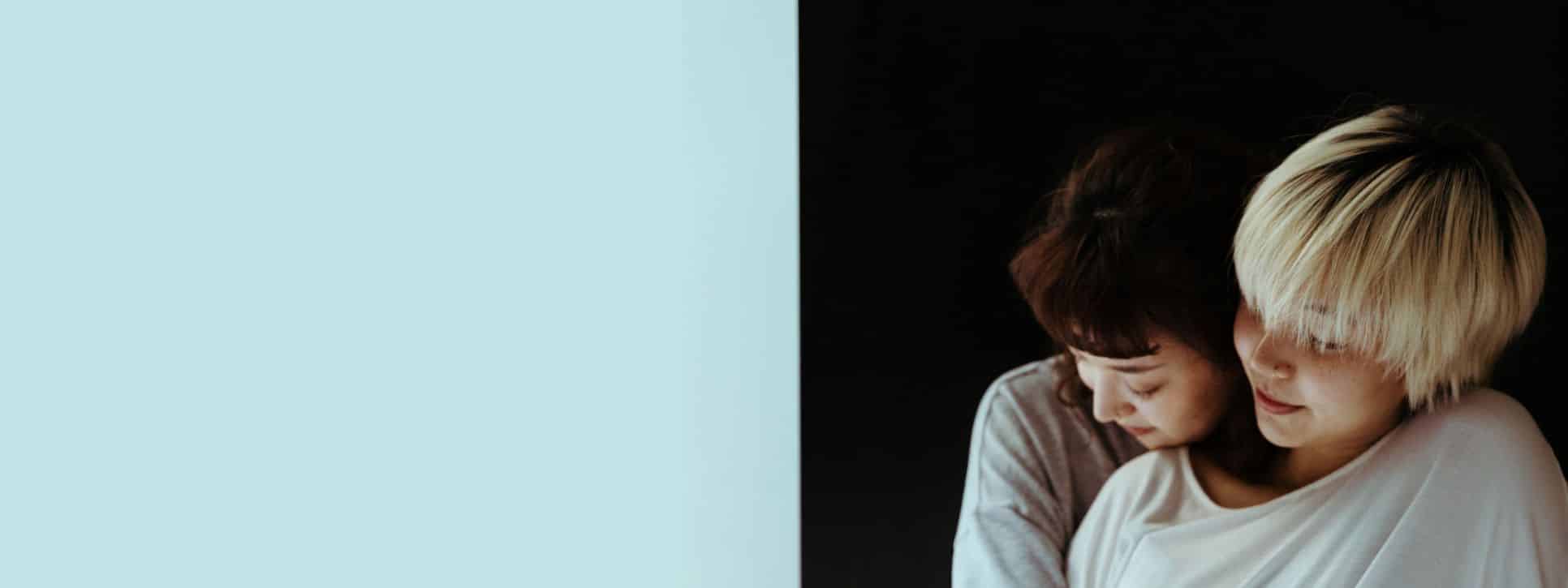CATEGORIES
#DEI #Inclusion and Impact #LGBTQIA+Overview
- Our society is gradually evolving to become more inclusive and accepting.
- Pride Events are not just fun, but special opportunities for celebrating LGBTQIA+ individuals. They serve as a day to express our opposition to remaining discrimination against the LGTBQ+ community, and to demand gender equality and LGBTQIA+ rights.
- Queer literature is important for LGBTQIA+ people because they are not only inspirational, but they also provide information that help normalize the feelings and experiences of the young LGBTQIA+ people.
- Makeup and dressing up can make people feel more confident in themselves.
- Don’t let anything pressure you to come out or not come out. Remember, it’s your life.
As a queer person, I grew up in a conservative society where LGBTQIA+ people don’t feel safe to be as outspoken and proud as they should be. We are mostly tolerated, but we keep things quiet so as not to attract the ire of those who oppose social change.
When I left my hometown to attend college, I discovered a new environment in which the people and community were more open, celebratory, and emancipated towards sexuality. I met several LGBTQIA+ people who were open about their personal experiences with sexuality and gender. Many straight folks were also convinced LGBTQIA+ supporters, who worked to make the community a safe place for everybody.
This appears to be nothing new—our society is gradually evolving to become more inclusive and accepting. My hometown was just trailing behind (as it often happens with small and more homogeneous populations), but I’m confident it will catch up soon.
Even though I see a bright future ahead for the LGTBQ+ community, there are occasions when I feel a twinge of sorrow for my younger self, a bittersweet feeling. That is, as a gay person, I could have met other people and lived experiences with which I could have identified if only my city had been more aware of LGBTQIA+ culture. Sometimes, I also feel like I’m not “queer” enough, since I don’t grasp certain gay and queer allusions, or haven’t attended any large LGBTQIA+ celebratory events.
So, if I could go back in time, these are the things what I would like to do to achieve the “whole adolescent gay experience.”
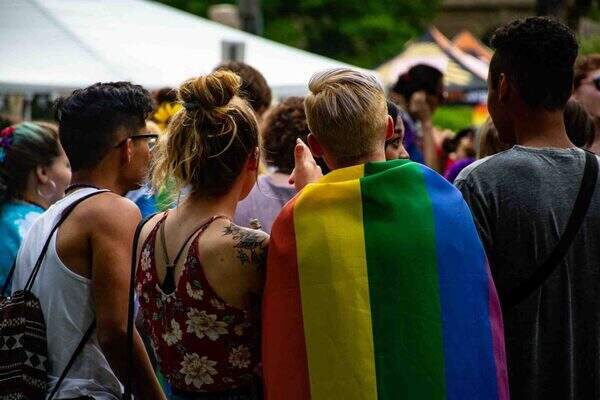
1. Attend a Pride Event
Pride events, marches, or parades are outdoor activities celebrating the lesbian, gay, bisexual, transgender, and queer (LGBTQIA+) community. Often done annually in the month of June, these events commemorate the community’s history, legal rights, social acceptance, pride, and its achievements. The annual celebration is a very fun and special day for LGBTQIA+ people, but it is also a day to express our opposition to remaining discrimination against the LGTBQ+ community, and to demand gender equality and LGBTQIA+ rights.
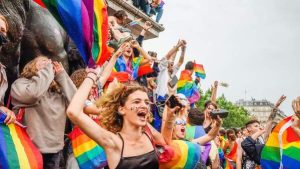
2. Read More Queer Literature
When I was in high school, I was not aware about the amount of existing (and great) queer literature. When I got into college, some friends provided me with book recommendations, and so I could read about some beautiful and healthy representations of LGBTQIA+ couples, coming of age, and coming out stories. That is how I understood the importance of identitarian representation for all young queer people, especially those who are still figuring out who they are and what they feel. I wish my high school self had access to this literature genre, for I would have felt less alienated. These stories are necessary for LGBTQIA+ people because they are not only inspirational, but they also provide information that help normalize the feelings and experiences of the young LGBTQIA+ people.
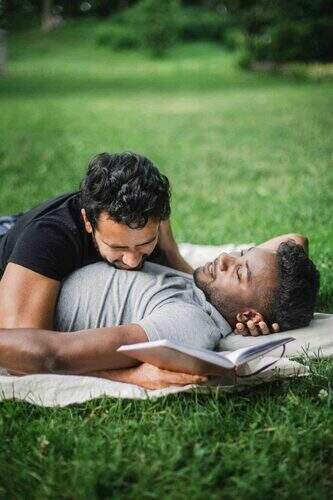
3. Practice Makeup
Whether you fall into the masculine, feminine, or androgynous side of the gender expression spectrum, makeup is acceptable. For instance, as a boy, I used to think that makeup was only for girls and feminine individuals, but I was mistaken, since boys and masculine individuals can do makeup as well (and, sometimes, be masters at it). The benefits of practicing makeup with yourself include feeling more confident about yourself. It’s a challenging process though, and, in my case, I’m still figuring it out. Fine makeup requires practice over time. Had I explored this world earlier, perhaps I would have mastered this art already.
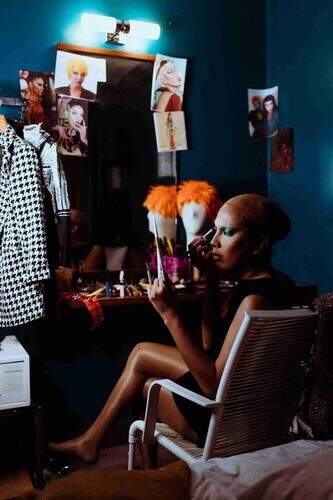
4. Know More About Gay Pop Culture and History
“Purr”, “slay”, “yass kween”, drag race—these are only a few words from the broad vocabulary of LGBTQIA+ people. When I met new queer friends, they used slangs and terms that I didn’t understand at first. Many LGTBQ+ people keep bringing up shows, artists, music themes, and queer icons in casual conversations. Some of these terms and people have been fundamental in promoting and advocating LGBTQIA+ rights. Nowadays they are a staple in queer pop culture. Some of these terms are also historically significant because they were born as discriminatory expressions, but the LGBTQIA+ community reappropriated them, currently using these terms as inside jokes.
There are a lot of cultural LGBTQIA+ references, so as a newbie to liberating environments, it may feel like hearing another language, but eventually you will learn the connotations and stories behind, and find yourself comfortably using the terms.
5. Experience Healthy Romance as Freely as Heterosexuals Do
Typical heterosexual culture is filled with romantic alussions and idealizations—we all have heard the story of a perfect straight boy falling in love with his girl best friend, or the heterosexual enemies-to-lovers scenario. Although these superficial situations may be amusing for cultural products, sometimes they also hide a harmful hookup culture that we may feel forced to engage with, in order to “find love”.
On the contrary, LGBTQIA+ culture has played an important role by depriving sentimental relationships from romantic idealization, strongly linked to heterosexuality and the patriarchy. But this does not mean that LGBTQIA+ community can’t experience romance; we are just creating healthier ways to do it.
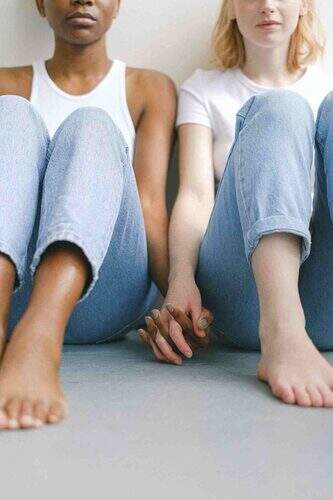
6. Don’t Feel Pressured to Come Out
Living in a binary heteronormative society exposes queer individuals to a plethora of unwanted experiences, that would not exist if we acknowledged the fact that sexuality is a spectrum. Growing up as an LGBTQIA+ person, you may be frequent asked when you intend to come out, which is a question that a straight person will never have to face. When you are classified as anything other than heterosexual, you will most likely feel compelled to justify who you are; what kind of intimate relationship works best for you; and, in general, a great deal of delicate and private questions that are not usually asked to heterosexual people. Because you are not conforming to the standard, people may make you believe that you do not belong in the world, which is not true—you just don’t belong in their world. But you should feel free to live like everyone else, to come out when (and if) you decide, and to talk about your sexuality and vision to whoever you want, whenever you want, only if you feel like it.
7. Don’t Feel Bad Because of Religion
As an LGBTQIA+ person living in Southeast Asia, you’re constantly exposed to some inflexible religious individuals, who will use any argument to justify their phobia to LGBTQIA+ community. Personally, I attended a Catholic school as a child, and it was a difficult experience to handle the considerable number of insults and undirected harsh statements directed towards LGBTQIA+ people.
You may feel afraid to respond or refute LGBTQIA+ phobic expressions, for you could be targeted, but even so, do not let “religious” arguments get to you. Religion is a personal matter, allowed to everyone, and independently of your gender and sexuality, you are entitled to live your spirituality freely.
8. Live a Normal Life (If That’s What You Want)
This advice may seem strange to some, but growing up feeling different in a heteronormative environment almost guarantees that you will live a life that is far from normal. For instance, having peaceful and supporting relationships with your family is something that most people desire—but it can be difficult to attain as an LGBTQIA+ person living in Southeast Asia, since diverse sexuality can be a challenge for relatives to accept. Although being LGBTQIA+ will imply social obstacles, this should not stop you from pursuing your dream, no matter how conventional they are—you can meet traditional goals and still respect yourself.
This blog was co-authored by Kent Lagumbay.
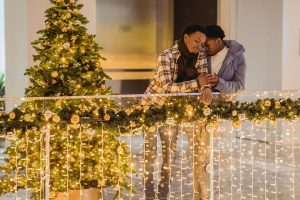
Conclusion
Of course, my idea of a full teenage LGBTQIA+ experience is different from yours, for everyone has a unique perspective. However, the fact that our society and generation is transforming the norms is a common achievement—we are now becoming more open, inclusive, and accepting. Personally, I am happy that we got a chance to create a world where a young queer person can express themself, and have role models and resources to guide them as they explore and discover themself.

